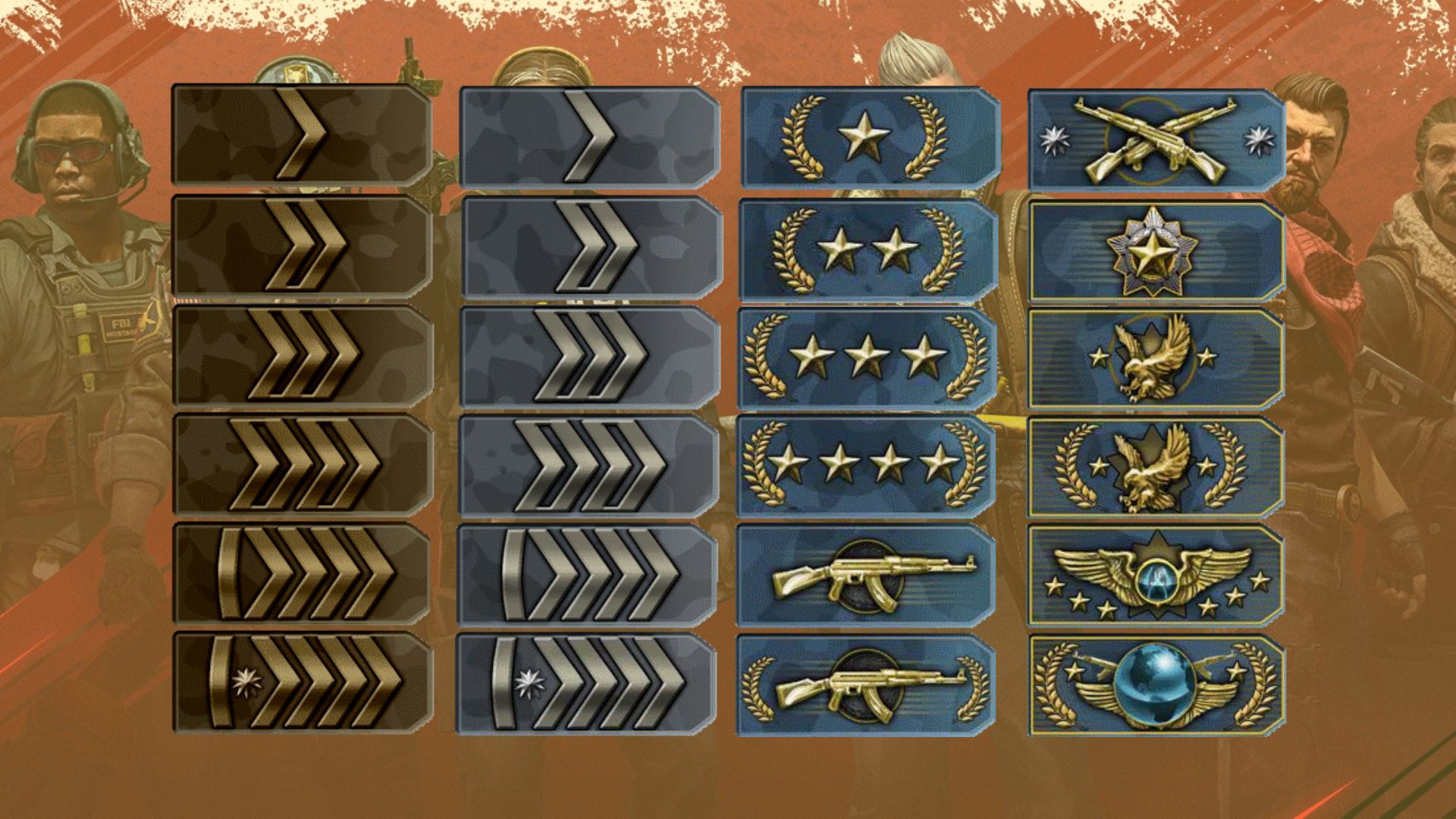BJY Trends
Stay updated with the latest trends and insights.
Climbing the CS:GO Matchmaking Ranks: Where Everyone is a Pro at Losing
Ever wondered why rank up feels impossible? Discover the hilarious truth behind CS:GO matchmaking and why everyone’s a pro at losing!
The Psychology Behind Losing Streaks in CS:GO Matchmaking
The experience of a losing streak in CS:GO matchmaking can significantly impact a player's psychological state. When players continuously find themselves on the losing side of a match, it can lead to feelings of frustration and helplessness. This sense of defeat often triggers a *negative feedback loop*, where the more one loses, the more anxious and stressed they become about winning. In this context, players might start to overanalyze their gameplay, focusing on every mistake, which can hinder their performance even further. Studies in sports psychology suggest that maintaining a positive mindset is crucial during such periods; players should remember that losing is often a part of the journey to improvement.
Moreover, the social dynamics of CS:GO matchmaking can exacerbate these feelings. Players may feel pressured to perform well not only for themselves but also for their teammates, which can create a sense of *social anxiety*. When losses mount, communication between players may become strained, leading to blame and resentment. To combat this, it's important for players to engage in open dialogue with their teams and foster a supportive environment. Strategies such as taking breaks, reviewing gameplay, and focusing on personal improvement rather than solely on the outcome can help break the cycle of losing streaks and restore a healthier mindset towards the game.

Counter-Strike is a highly competitive first-person shooter game that has captivated millions of players around the world. Understanding maps is crucial for teamwork and strategy, making nuke callouts essential for effective communication during matches. The game's fast-paced action and tactical depth continue to create a thriving esports scene, where players and teams battle for glory and prize money.
Top 10 Mistakes That Prevent You from Climbing Ranks in CS:GO
Climbing the ranks in CS:GO can be a daunting task, and many players unknowingly make mistakes that hinder their progress. One of the most common errors is a lack of communication with teammates. Effective communication is essential in a team-based game like CS:GO, as it allows you to share valuable information about enemy positions and strategies. Without it, your team may struggle to coordinate and capitalize on opportunities. Additionally, some players focus too much on individual performance rather than working collaboratively towards a common goal, which can lead to missed chances and defeats.
Another significant mistake is neglecting to review your gameplay. Many players underestimate the value of analyzing their gameplay and fail to learn from their mistakes. Watching replays can help identify weaknesses and improve decision-making in future matches. Furthermore, players often overlook the importance of warming up before competitive play. Jumping straight into ranked matches without practicing can result in poor aim and reaction times, stifling your ability to perform at your peak. To avoid this, incorporate a warm-up routine that focuses on aiming and movement, ensuring you're ready to climb the ranks in CS:GO.
Is It Really the Team? Analyzing Performance in CS:GO Matches
In the competitive world of CS:GO, team dynamics play a crucial role in determining match outcomes. However, it's essential to analyze whether it's truly the team composition or other factors influencing performance. A well-coordinated team can certainly elevate individual players’ performances, but factors such as individual skill, communication, and game strategy often weigh heavily on the final results. For instance, even a stellar lineup can falter if players lack synergy or fail to adapt to the opponents' tactics.
Moreover, a team’s performance doesn't solely hinge on their collective skills. Player mentality during the match, sticking to practice routines, and analyzing past performances can significantly impact their gameplay. The psychology of players, including how well they handle pressure or bounce back from unfavorable situations, can make or break a game. As aficionados of CS:GO delve deeper into statistical analyses, it becomes clear that while team composition is vital, the question remains: is it really the team that dictates performance, or are there deeper undercurrents at play?